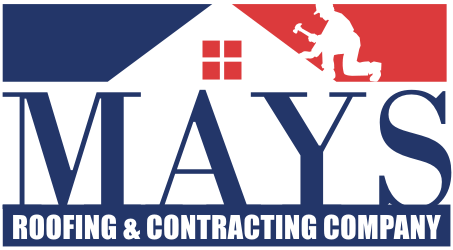What Are the Most Common Roofing Mistakes DIYers Make?
Roofing projects often appear straightforward, but they are fraught with potential pitfalls. DIYers may inadvertently compromise the integrity of their roofs due to these common mistakes. Recognizing and understanding these errors is essential for any homeowner attempting to tackle their own roofing project. Below, we delve into the most prevalent roofing mistakes DIYers make.
1. Ignoring Safety Precautions
Safety should always be a priority in any DIY project. Roofing work involves heights and potentially hazardous materials. Common safety oversights include:
- Failing to wear a harness or proper footwear
- Neglecting to assess weather conditions
- Improper ladder placement
Ignoring safety can result in severe injuries or even fatalities. Therefore, investing in proper safety equipment and making safety a priority is crucial.
2. Poor Measurements
Accurate measurements are vital in roofing. Common issues with measurements include:
- Incorrectly measuring the roof’s pitch
- Underestimating or overestimating required materials
- Failing to account for existing structures
Even small measurement errors can lead to significant problems, such as gaps that allow for moisture penetration leading to leaks. Double-checking measurements can save time and money in the long run.
3. Incorrect Installation of Shingles
The method of installing shingles can have a significant impact on their longevity. Mistakes often made include:
- Installing shingles in poor weather conditions
- Misaligning the shingles or failing to offset rows
- Inadequate nailing patterns leading to loosening
Each of these issues can cause premature failure of the roofing material, resulting in costly repairs. Adherence to manufacturer guidelines is essential for proper installation.
4. Overlooking Ventilation
Proper roof ventilation is often underestimated by DIYers. Signs of inadequate ventilation include:
- Accumulation of moisture in the attic
- Excessive heat buildup, damaging shingles
- Ice dams forming in colder climates
Neglecting ventilation can lead to mold growth and decreased lifespan of roofing materials. Installing proper vent systems is critical for maintaining a balanced airflow.
5. Failing to Flash Properly
Flashing is essential for preventing water intrusion, especially around chimneys, vents, and other projections. Common mistakes include:
- Inadequately sealing the flashing
- Using the wrong type of flashing material
- Neglecting to install flashing altogether
Improperly installed flashing can lead to leaks and extensive water damage over time. Understanding flashing techniques is vital for any roofing project.
6. Skipping Underlayment
Underlayment provides an additional layer of protection but is often skipped by DIYers looking to save time or costs. This can result in:
- Increased vulnerability to moisture damage
- Enhancing the risk of ice dam formation
- Compromised insulation performance
Underlayment is crucial as it acts as a barrier against water infiltration and assists in temperature regulation.
7. Mismanaging Waste Removal
Roofing can generate significant waste, and mismanagement is a common issue. DIYers might face challenges such as:
- Failing to secure a disposal container ahead of time
- Inadequate organization leading to injury risks
- Neglecting to recycle old roofing materials
A proactive approach to waste management keeps the work area safe and clean, which is beneficial for both efficiency and safety.
8. Not Hiring Professionals When Necessary
While DIY can save money, some situations warrant professional intervention. Examples include:
- Complex roof designs requiring expert understanding
- Extensive damage needing thorough assessment
- Local regulations requiring licensed installation
In these cases, hiring professionals ensures the job is executed correctly, potentially saving costs associated with further repairs due to amateur mistakes.
Conclusion
Undertaking roofing projects as a DIYer can be attractive due to cost savings, but the risks associated with common mistakes often outweigh these benefits. Educating oneself on proper techniques, being vigilant about safety, and recognizing when to seek professional help are crucial steps to ensuring a successful roofing project. By avoiding these common pitfalls, you can maintain the integrity of your roof and protect the value of your home.





 Mays Contracting
Mays Contracting

